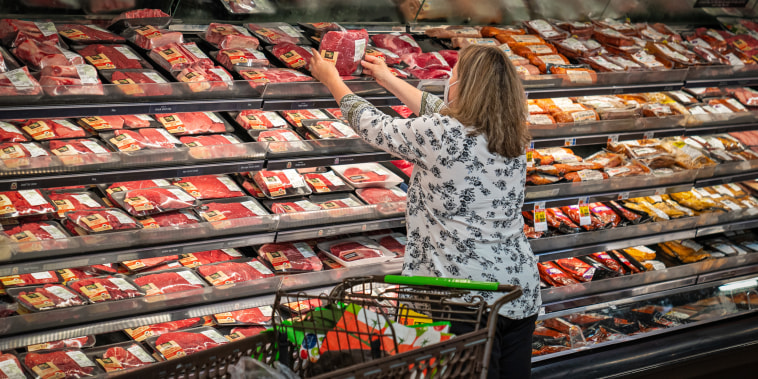Millions of parents and young children are in danger of being left without food assistance due to lack of sufficient funding from the federal government, warns a new report.
Published by the Center on Budget and Policy Priorities (CBPP), the report states that about 3.7 million parents and 2.1 million children could be denied food assistance next year if Congress does not provide a substantial enough funding for the U.S. Department of Agriculture’s (USDA) Supplemental Nutrition Assistance Program (SNAP) and other related initiatives.
SNAP helps provide food vouchers to eligible low-income families. This includes single-parent households and families with small children who struggle to make ends meet. As a result of the pandemic, this number has undoubtedly increased, further highlighting the importance of SNAP and other funding initiatives.
Not only would the proposed reduction in funding lead to an increase in food-insecurity, but it would also put thousands of jobs in jeopardy. By the CBPP’s estimates, reducing the funding for food programs would cost up to 864,000 jobs.
The message is loud and clear: Congress needs to provide a substantial budgetary boost to the USDA’s programs that provide food assistance to low-income individuals. Without the necessary support, the repercussions could be dire.
Food insecurity is already high due to the coronavirus pandemic, and the increase in SNAP enrollment since March shows that many families are already struggling to put food on the table. Reducing funding for the program would only worsen this already dire situation.
Moreover, job losses due to budget cuts would be in the hundreds of thousands. Restaurants, farming, transportation, and food manufacturing jobs would all be severely impacted if there is insufficient funding for food assistance.
It is essential, then, that Congress provide the necessary funding boost to the USDA in order to protect struggling families and to ensure that millions of jobs are not lost. It is the only way to ensure that low-income Americans have access to the vital food resources they need to survive, and to ensure the strength of the economy.































